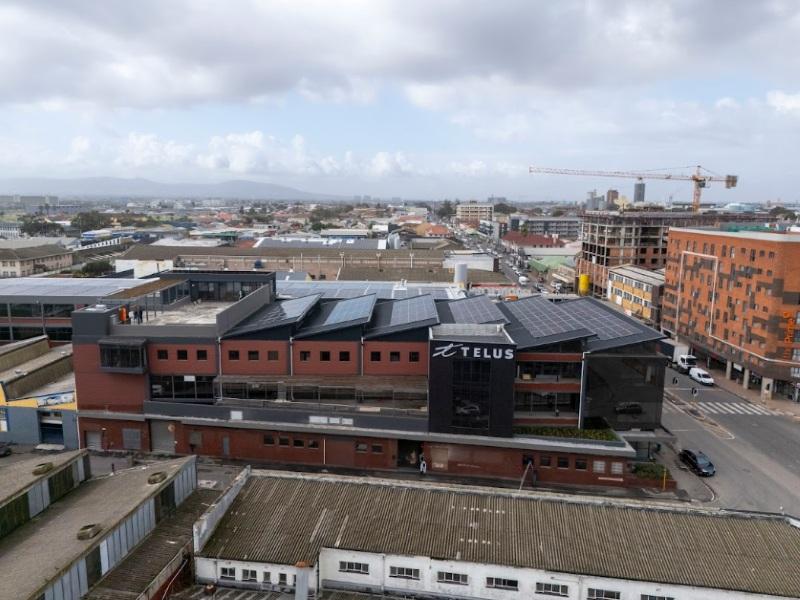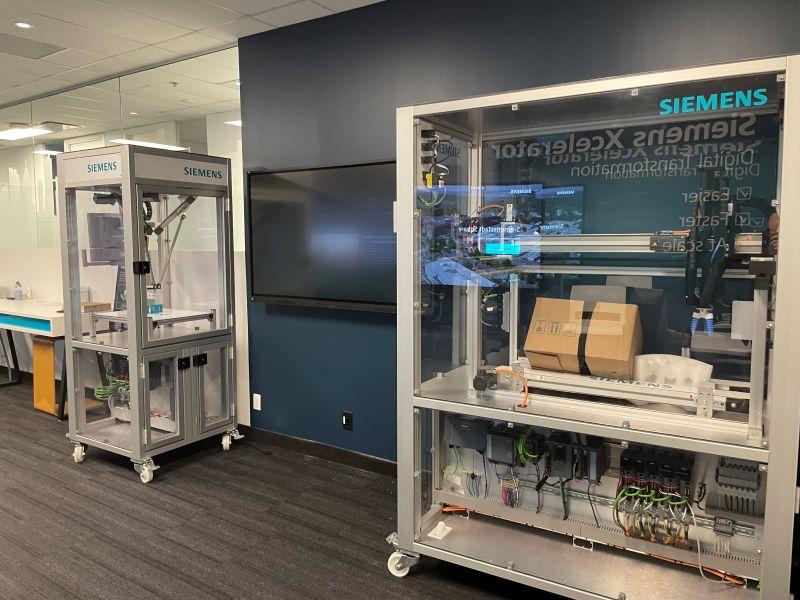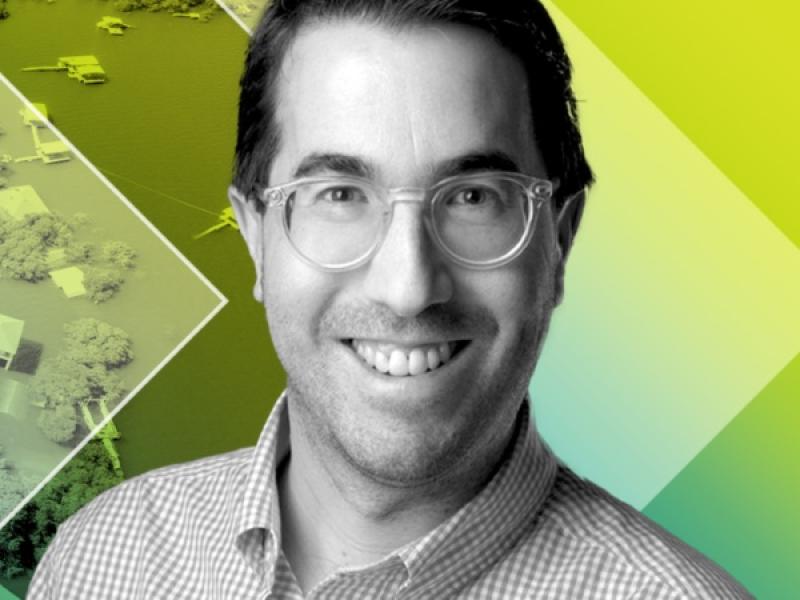Recent Articles
Concord Pacific rapidly expands renewable energy portfolio
Concord Pacific expands renewable energy portfolio
Concord Pacific, based in Vancouver, is one of Canada’s most recognized commercial and residential real estate developers. But increasingly in recent years, the company has also built a renewable energy portfolio, which includes wind, hydroelectric, and utility-scale solar assets.
Air Products spends $1.3B on hydrogen complex
Edmonton will be the site of Western Canada’s hydrogen hub with a multi-billion dollar complex slated for 2024. Air Products, an American-based multinational corporation, announced an investment of $1.3 billion for the first phase of the blue hydrogen project.
Canada invests $964M in electricity grid modernization
To modernize Canada’s electricity grid to produce more clean energy, the federal government has followed through on its budget promise with the announcement of the $964-million Smart Renewables and Electrification Pathways (SREPs) Program.
Microgrids change way electricity is made, delivered
Microgrid development is driven by businesses that want to control their own on-site power production, according to panelists at the Microgrid 2021 conference. Microgrids multiply as customers look for a reliable, affordable power supply that meets sustainability goals.
OEA releases Net Zero 2050 report
• Newswire • TreeHugger
The Ontario Energy Association (OEA) released its Net Zero 2050 report, reviewing Ontario’s energy system and options for achieving net zero by 2050. Transitioning Ontario’s energy system to net zero will involve one of the largest infrastructure projects in the province’s history.
GE, National Grid, Mitsubishi join low-carbon initiative
GE, National Grid, and Mitsubishi are among 39 companies that have signed on to the Low-Carbon Resources Initiative (LCRI), a 5-year, $100 million research and development initiative aimed at identifying and developing new technologies and solutions for decarbonization of the power sector.
Electrification squeezing CO2 from supply chains
• GreenBiz
In a net-zero carbon world, the low-carbon solution wins. With this in mind, the remaining years of this decade will be defined by tackling industrial chain emissions. These Scope 3 emissions often are seen as the third rail of climate policy.
Alectra’s new facility rejuvenates Brampton
• Newswire
Alectra Utilities, the largest municipally-owned electric utility in Canada, announced the construction of a new operations centre at 200 Kennedy Road in Brampton. The facility will be LEED-certified to Gold Standard and function as an operations centre for more than 400 employees.
Ottawa eyeing $400M loan for electric buses
• CBC
The Canadian Infrastructure Bank is promising a $400-million loan to the City of Ottawa to purchase 450 electric buses by 2027. The agreement will need the approval of the city’s transportation committee and council later in June.
United Airlines orders 15 sustainable jets
United Airlines ordered 15 of Boom’s “Overture” supersonic jets for $200 million a pop, subject to Boom meeting United’s “demanding safety, operating, and sustainability requirements.” Boom’s jet, which is aiming for service in 2029, has not been built or certified.
B.C. steering toward 2040 EV infrastructure goals
B.C. is expanding its electric vehicle charging network with more than 50 per cent of the sites required to meet the province’s 2040 demand already built or underway. B.C. has more than 54,400 EVs, leading to an estimated 216,000 tonnes in emission reductions annually.
The world’s EV capital is fighting over oil
In Norway, one of the greenest cities in the world, where electric cars abound and almost all carbon emissions will be eliminated within a decade, the debate about climate change has led to police investigating threats against Oslo vice mayor.
Remote work is here to stay and is good for the planet
Remote work is good for the climate. Most organizations recognize the hybrid workplace, where employees divide their time between working from the office and working remotely. As organizations decide how to structure these new workplaces, climate should be considered.
Turning off half a building’s lights can save birds
Turning off just half the lights in a big building at night can result in up to 11 times fewer bird collisions, a new study finds. Each year, up to 1 billion birds are killed in the U.S. from colliding with buildings.
Van city manager calls for halt on net-zero homes
Homebuilders are applauding the City of Vancouver’s city manager’s call for a one-year pause on enforcing “net-zero” regulations on new detached houses and duplexes. It is part of sweeping measures meant to reform the city’s backlogged residential permit process.
Waste processor Anaergia files for $200M IPO
Burlington-based waste-processing company, Anaergia’s, mission is to eliminate greenhouse gases by converting organic waste into water, fertilizer, and renewable gas. The company has filed for a $200-million initial public offering on the Toronto Stock Exchange.
Neste Oyj building refinery that turns waste into fuel
As demand for low-carbon fuel surges, Neste Oyj, the world’s biggest biofuel producer, is looking to build a refinery in Quebec that would transform forestry waste — from branches to landfill garbage — into renewable diesel for vehicles and planes.
Settling the score on reusable vs. recyclable cups
• GreenBiz
Billions of single-use cups are littered or placed in trash bins at concerts and sporting events each year. Even where waste bins exist, most people don’t use them. Many recyclable cups are stuffed with trash making them impossible to recycle.
Europe accelerates drive to slash plastic waste
As part of an effort to create a circular economy that reduces waste and greenhouse gas emissions, the EU will ban several throwaway plastic items and is working to create an expansive and lucrative market for recycled plastics.
Scientists see influence of climate change in “glacier blood”
The ALPALGA project has set out to study communities of microalgae that live in mountains, including some that turn snow orange or red, a phenomenon known as “glacier blood.” Scientists believe climate change may be the cause in the Alps.
 Industry Events
Industry Events
-
ECO IMPACT 2026
Feb 19 2026
to Feb 20 2026
The Westin Calgary -
BuildGreen Atlantic
Apr 27 2026
to Apr 28 2026
Halifax, NS -
The Evergreen Conference
May 06 2026
to May 07 2026
Toronto, ON -
Building Lasting Change
Jun 17 2026
to Jun 19 2026
Montréal, QC -
Retrofit Canada Conference
Jun 24 2026
to Jun 25 2026
Halifax Convention Center











